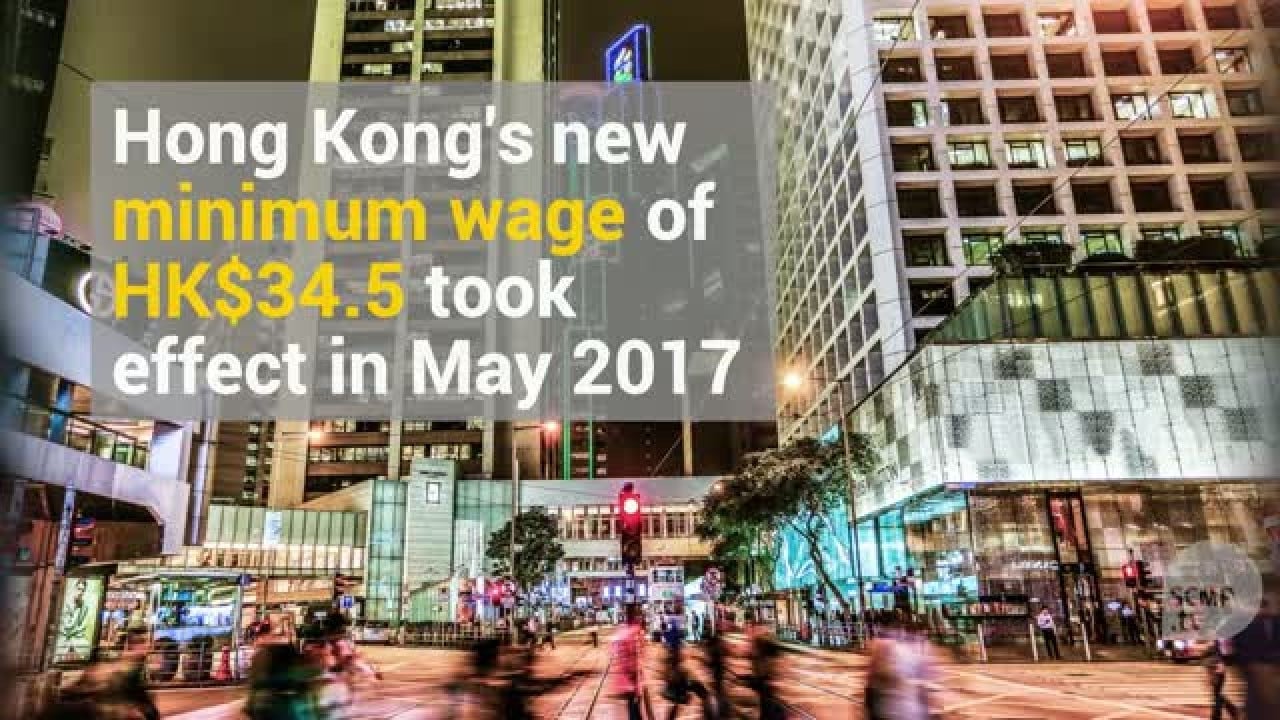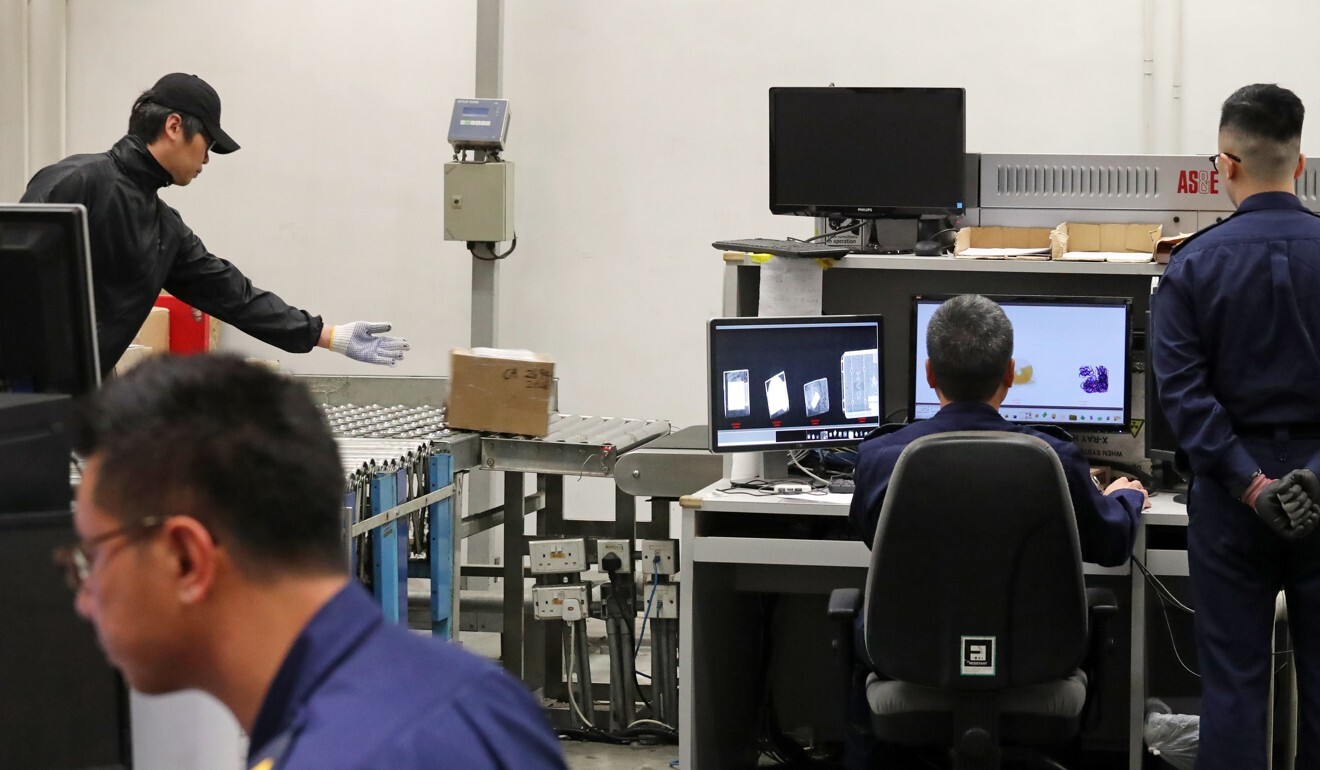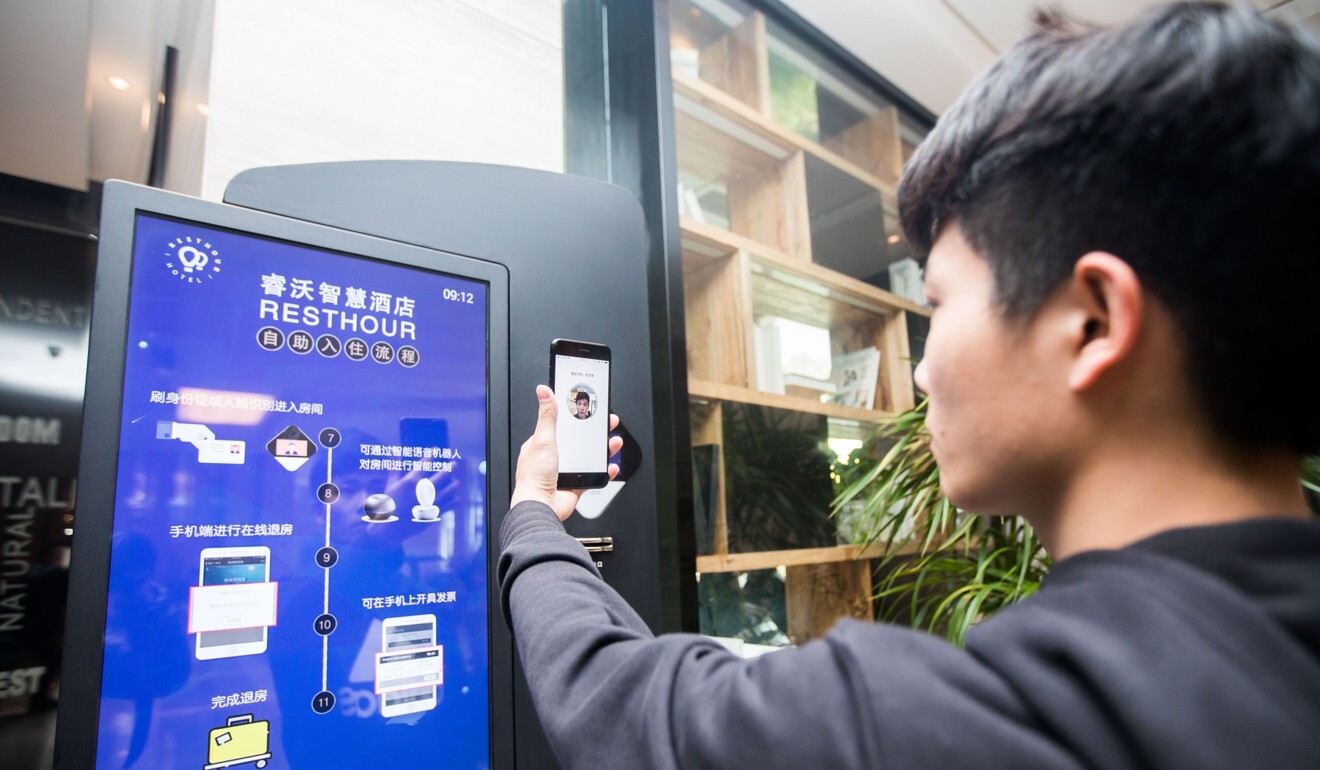
A Reservoir Dogs ending for low paid jobs, as Mr Covid, Mr 9/11 and Mr Automation kill common sense
- Social distancing rules combined with rising wages are accelerating a trend in which businesses are replacing minimum wage staff with robots
- The rise of touchless checkouts, contactless dining, artificial intelligence video surveillance and CT luggage scans means investors should look to tech
MR PINK
Quentin Tarantino’s classic movie Reservoir Dogs opens with an entertaining exchange among a group of criminals about paying a tip to the waitress. Mr Pink, the tritagonist in the plot, protests that he doesn’t believe in paying tips unless the waitress had “really put forth the effort”, and that he thought she hadn’t the common sense to refill his coffee more often. Mr Blue and Nice Guy Eddie countered the point, saying that he was being mean since waitresses earn so little and rely on tips.
Put that in the context of 2021 and there wouldn’t be eight men sitting around a table to split the bill. Here, there would be groups of two or four, and the waitress would have lost the plot organising them so they could converse through plastic table dividers.

00:36
How far will minimum wage get you in Hong Kong?
CAN I GET ANYBODY MORE COFFEE?
Right now the service sector is as abundant with rules as it is with employees on low wages and as the inevitable rise in wages continues, employers will increasingly look to invest in automation rather than keep on workers.
New rules may also lead to pub and restaurant owners reconsidering staff versus machines, with social distancing damaging trade and reputation. A close friend of mine and his two young sons were impacted by the rule of two last weekend. We ordered drinks at the local pub’s outside tables as his kids went to climb a tree. The boys came over to order soft drinks and staff told dad that his two kids had to move away. There was a heated exchange. The waiter was just following the rules, of course, but made no effort to offer a solution to the predicament. He didn’t get a tip.
The chips are down for Taiwan, ‘so where the bloody hell are you’ Australia?
The longer the social-distancing rules are in force, and workers get sick, the greater the chance is that places like my local pub will adopt new technology to take and manage orders and flip burgers. Also, it seems likely that the ‘rules’ will stick around for a long time, much like they have at airports after 9/11 with the rules surrounding what can pass the X-ray machines.

CUP CAKES
I remember flying from New York to Boston right after 9/11 and being ordered in the way only American airport staff speak to people to “STAND AWAY FROM THE CASE, SIR”, as some clumsy idiot slammed my Samsonite shut after a mandatory luggage search, crushing the Hostess cupcakes I had bought for my American colleagues in Tokyo.
Within a few years of the cupcake incident, I was having my drink taken away at the high powered X-ray machines that can identify threatening objects as small as a toothpick. My shoes came off to be X-rayed, then my belt, and my little personal items scrutinised in a single, quart-size, zip-top, clear plastic bag. I don’t know how many cans of shaving foam I have lost from my luggage over the years, but I do remember the two bottles of Japanese whisky for my dad being whisked away to be destroyed before they could bring down an aircraft.
Almost 20 years later, the same rules are in place and the lack of common sense prevails; sunblock, soft cheese, jam, nail clippers and toothpaste gets confiscated, but you can repurchase exactly the same items just past the security checkpoint. I have noticed, though, that the number of staff at the airports has sharply declined as machine efficiency went up. Fly out of Heathrow T5 now and it is almost deserted of airport staff.
While social-distancing rules at restaurants in 2021 and X-ray rules at airports since 2001 may not immediately appear interconnected, I believe they are. In both cases, the threat of a crisis – coupled with a lack of common sense – has increased our propensity to automate with machines. As wages rise, this propensity will only increase.
Taking a trip through an airport in the next few years, as an example, I think we are likely to see, increasingly, the introduction of technologies that promote the seamless touch-free transit through restaurants, shops and onto the aircraft that will also be seen in malls and our local shops:
• Autonomous buses and robot valet parking – already on trial in several airports
• Self-moving walkways removed and mobility robots and vehicles introduced
• Sanitising robots – already seen in Hong Kong as bathroom staff disappear
• Touchless checkouts in shops and not being allowed to pick up goods
• Touchable surfaces covered in self-sanitising copper
• Automated shop checkout, e.g. Amazon’s “Just Walk Out” technology
• Contactless dining and pre-scanning of credit-cards at restaurant entry turnstiles
• No physical menus: food presented on sanitised displays, with QR codes and apps
• Artificial Intelligence video surveillance in stores – to keep people honest
• CT (computed tomography) scans of luggage and very few manual inspections
As an investor, look to those technology companies. It’s inevitable.

Is there a safe haven? Could robots replace workers who do a variety of complex and non-repetitive tasks on low wages who rely on tips, such as hairdressers? I believe the risk is high, as we have seen in airports, staff numbers fall while wages rise and machines get more capable.
Some sectors that employ complex, non-repetitive task workers are already facing severe hardship, such as the city’s musicians who have been out of work for months. Once we are all brim-filled with vaccines, live performances in clubs aren’t likely to be automated or remotely fed by video once they’re back at it. We’ll risk it in masks for a night of good music.
Musicians are getting together with fans online to try to earn a crust, but it is difficult to get paid and Hong Kong’s artists are relying on support groups that collect food donations for desperate musicians. I sent one group in the direction of a Marks and Spencer’s who recently confiscated a discounted bag of potatoes from my basket because they were a single day “out of date”.
How on Earth can potatoes be one day out of date? Rules.
Sell-by dates are mandated by governments in many countries, including the whole of the European Union, and it seems the dates are largely made up and not really for safety, like soft cheese rules on an aircraft or two at a table in a restaurant. These rules in the absence of common sense are dangerous, and eventually costs jobs.
Neil Newman is a thematic portfolio strategist focused on pan-Asian equity markets

